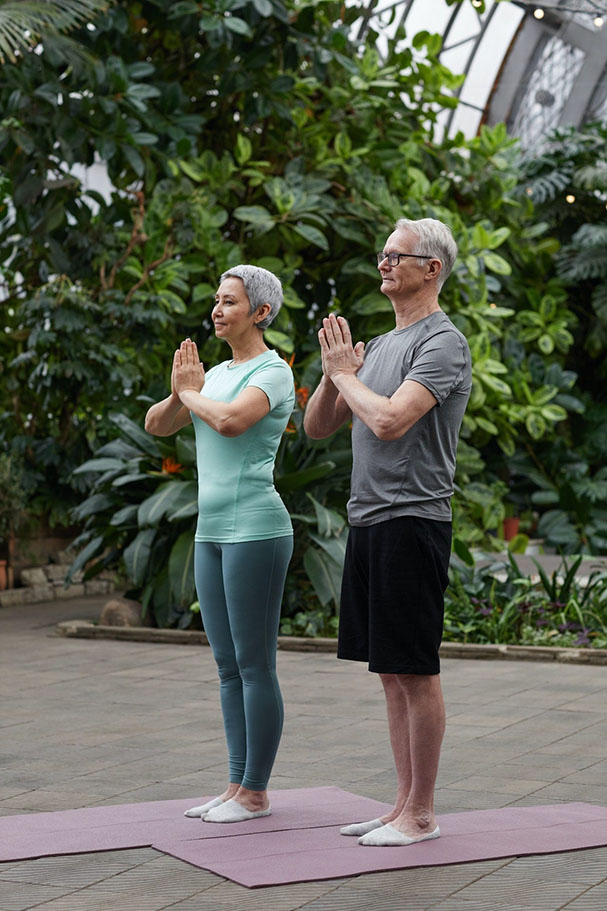
Health, mobility and comfort for seniors
Maintaining quality of life during senior years involves a multifaceted approach that addresses physical health, home environment, and social well-being. Key considerations range from preventive healthcare and regular physical activity to accessible living spaces and mobility assistance. Integrating these elements helps support continued autonomy and personal fulfillment.
Proactive health management
The importance of preventive health measures
Adopting preventative health measures is essential for maintaining lasting well-being and reducing the risk of chronic diseases. By incorporating regular checkups, vaccinations, and medical checkups into your routine, everyone can detect health problems early before they become serious.

Nutritional planning principles
A balanced diet rich in essential nutrients supports energy levels, immune function, and bone health. Meal planning can help ensure dietary needs are consistently met.

Cognitive health engagement
Engaging in activities that stimulate the mind, such as puzzles, reading, or learning new skills, can help support cognitive function and contribute to mental acuity over time.

Chronic condition management
Regular monitoring of conditions such as hypertension or diabetes, coupled with consistent medication management, is crucial for preventing complications and maintaining overall health stability.

Value of regular screenings
Adhering to a schedule of recommended health screenings for vision, hearing, and other age-related concerns allows for early detection and timely intervention when necessary.

Adapt your home
Arrange the house for the comfort and safety of seniors

Ergonomic kitchen design
An ergonomic kitchen layout ensures cabinets, appliances, and workspaces are accessible, reducing strain and enhancing independence.

Bathroom safety modifications
Installing grab bars, non-slip mats, and walk-in showers significantly improves bathroom safety and minimizes the risk of falls.

Wider doorways and hallways
Expanding doorways and hallways allows easy passage for walkers or wheelchairs, enhancing mobility in the home.

Stairlifts or ramps solutions
Adding stairlifts or ramps provides safe and effortless access to different levels of the home, preventing accidents on stairs.
Maintaining physical activity through senior fitnes
Senior health insurance: peace of mind and access to specialized care

Seniors face specific medical needs, which are often more frequent and costly than younger people. Supplemental health insurance helps cover costs not covered by the basic plan, such as dental care, vision care, hearing aids, or specialized treatments. This ensures easier access to quality care without compromising your budget, while providing peace of mind when faced with unexpected expenses.
Presence and Assistance
The essential role of caregivers in daily life
Caregivers play a key role in improving the quality of life of elderly or dependent individuals. Their daily involvement is not limited to assistance with daily tasks, such as washing, dressing, and preparing meals, but also includes essential moral and social support to combat isolation. By providing a caring and reassuring presence, they help prevent domestic accidents and ensure regular medical appointments and treatments are kept. Each support service is tailored to the individual’s specific needs, helping to maintain their independence, enhance their well-being, and reassure their loved ones about their safety and comfort on a daily basis.

Devices and aids to improve daily travel
Facilitate mobility for seniors

Canes
A cane provides extra balance and stability for walking, reducing the risk of falls.

Walkers
Walkers offer strong support and confidence for people who need assistance with every step.

Crutches
Crutches help redistribute weight away from injured legs or feet, aiding temporary mobility.
